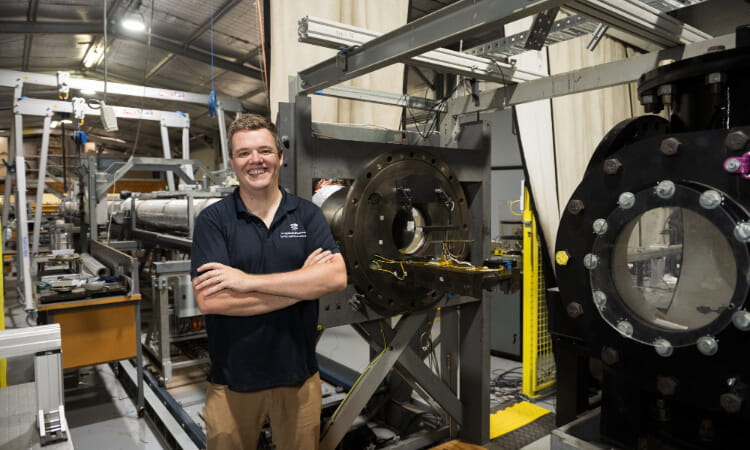Vitamin D is known to keep our bones and muscles healthy – and now a novel study shows it might also play an important role in protecting us from COVID-19.
In a newly released paper, University of Southern Queensland statistician Dr Zahirul Hoque and colleagues have studied the link between vitamin D levels and COVID-19 infection rates using statistical modelling.
After analysing the health datasets from 10 countries, the team found that individuals with normal levels of vitamin D had significantly lower COVID-19 infection rates than their vitamin D deficient counterparts.
To define this interaction, the team had to discount other variables which could make individuals more susceptible to the disease, such as age, gender and weight.
This study is the first of its kind to investigate the link between vitamin D and COVID-19 while adjusting for confounding variables and country level heterogeneity.
“We started work on this project in 2020, when COVID-19 was at its peak in many countries,” Dr Hoque said.
“Looking at the literature, we found some teams adjusting for different variables, but we did not find any looking at the influence of vitamin D levels on COVID-19 incidence which had also considered other confounding variables.
“It was hard to get data which also included vitamin D levels, but we ended up collecting samples from a good number of countries across many regions in the world.”
Dr Hoque said the team used a negative binomial regression model to counter country-linked heterogeneity and find the association between the independent variables and COVID-19, providing an incidence rate ratio.
The researchers then studied the impact of vitamin D levels on this incidence rate ratio and found that COVID-19 infection was 48 per cent less in people with normal levels of vitamin D (>50nmol/L).
Overall, the team found vitamin D deficiency, aging and the vitamin D deficient, aged community at greatest risk for COVID-19 infection.
“Vitamin D is known to strengthen the immune system and could possibly play a direct role in the prevention of COVID-19,” Dr Hoque said.
"The vitamin has also been shown to exhibit antimicrobial activity against bacteria, fungi and viruses.
“With this research we hope to strengthen our knowledge on COVID-19 and factors which might help to prevent it.”
Whether it's for researching health outcomes, financial markets and environmental changes or breaking complex security codes, the world needs more mathematicians and statisticians. Find out more about the University of Southern Queensland’s math and statistics degrees.



